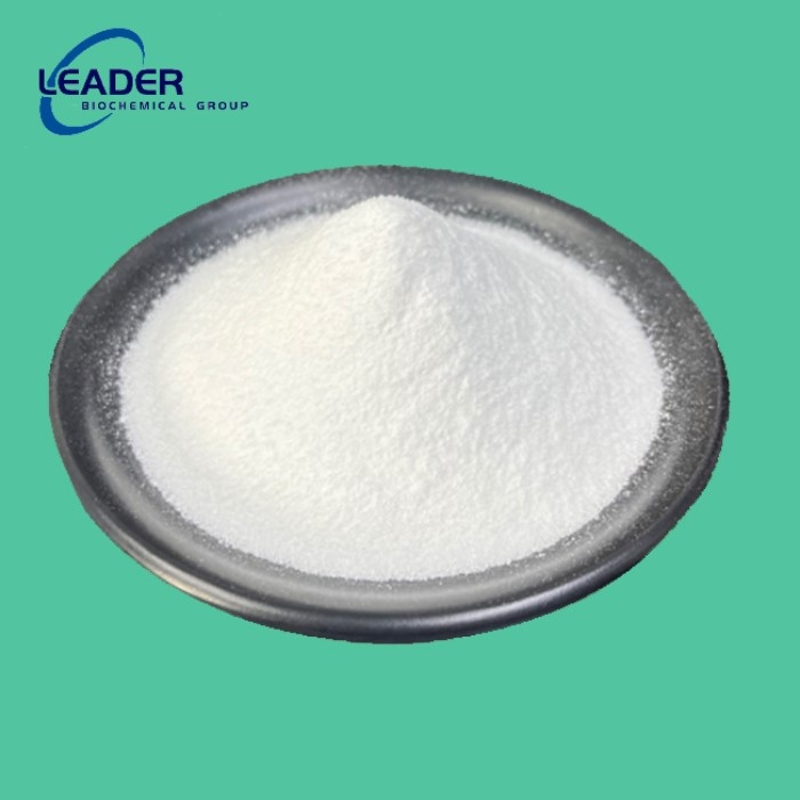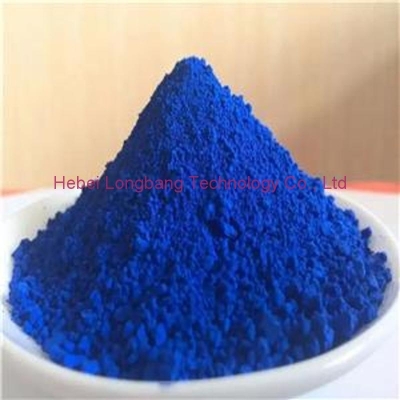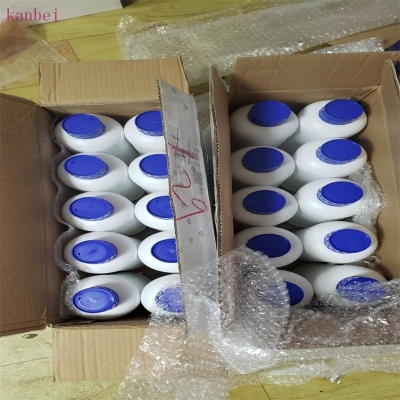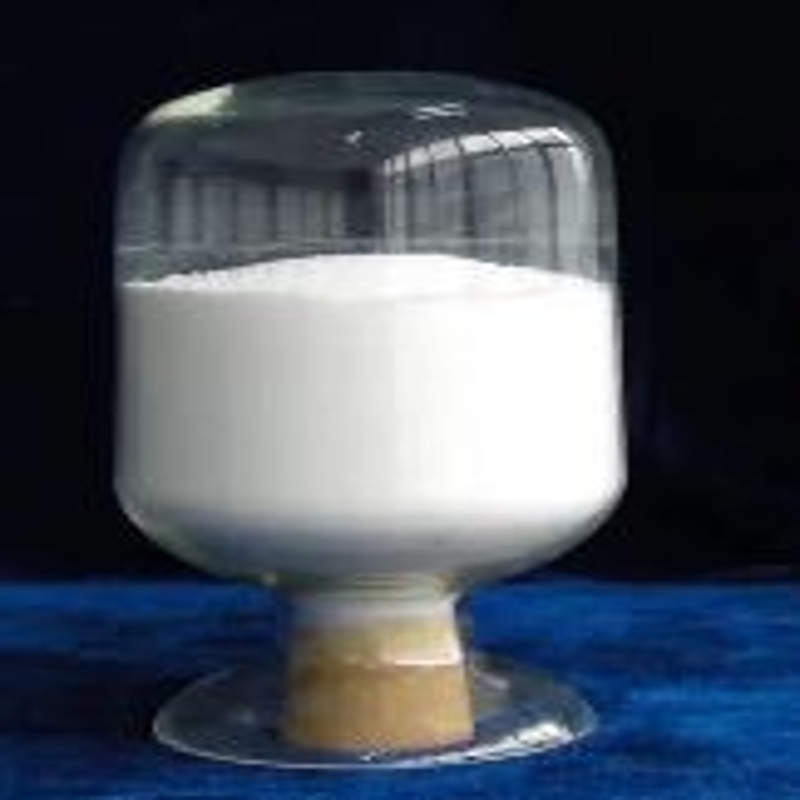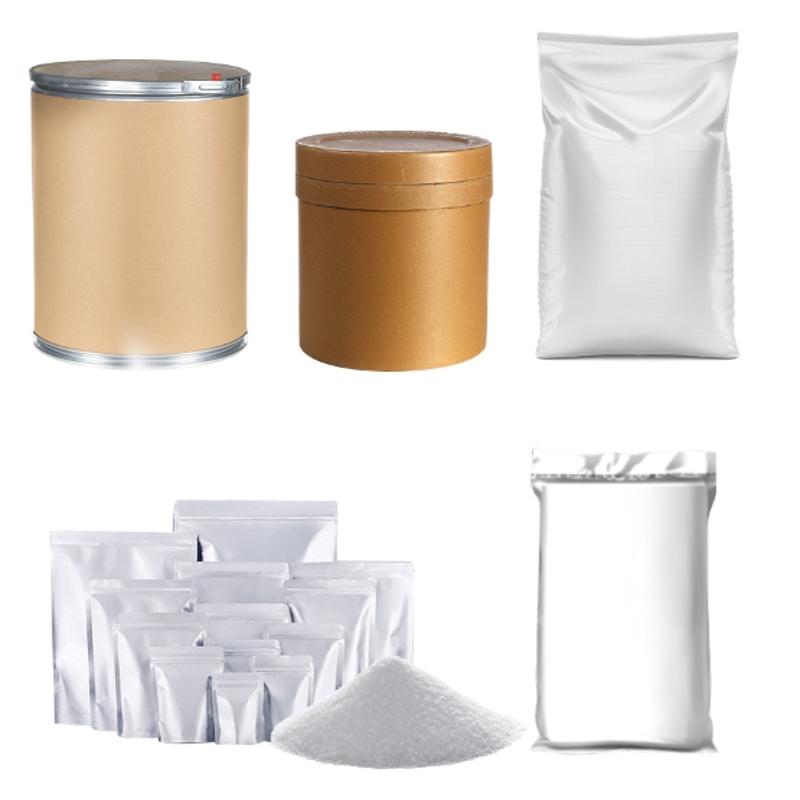Cosmetic Ingredient
- • Abrasive (124)
- • Absorbent (84)
- • Anticaking (66)
- • Anticorrosive (25)
- • Antifoaming (19)
- • Antimicrobials (290)
- • Antioxidant Ingredient (393)
- • Antiperspirant (20)
- • Antiplaque (48)
- • Anti-seborrheic (38)
- • Anti-sebum (39)
- • Antistatic (458)
- • Astringent (162)
- • Binding Agent (172)
- • Bleaching Agent (53)
- • Buffering (191)
- • Bulking (109)
- • Chelating (122)
- • Cleansing (679)
- • Cosmetic Colorant (212)
- • Cosmetic Preservative (158)
- • Denaturant (45)
- • Deodorant (98)
- • Depilatory (27)
- • Dissolving Agent (298)
- • Emollient (795)
- • Emulsifying Agent (480)
- • Emulsion Stabilising (154)
- • Exfoliating (19)
- • Film Forming (299)
- • Flavouring (72)
- • Foam Boosting (161)
- • Foaming (101)
- • Fragrance Ingredient (726)
- • Gel Forming (19)
- • Hair Conditioning (670)
- • Hair Dyeing (363)
- • Hair Fixing (36)
- • Hair Waving or Straightening (45)
- • Humectant (282)
- • Hydrotrope (92)
- • Keratolytic (20)
- • Light Stabilizer (80)
- • Moisturising Agent (50)
- • Nail Conditioning (42)
- • Occlusive (20)
- • Opacifying (119)
- • Oral Care (123)
- • Oxidising (19)
- • Perfuming (2105)
- • Plasticiser (98)
- • Propellant (19)
- • Reducing (50)
- • Refatting (12)
- • Refreshing (26)
- • Skin Cleansing (388)
- • Skin Conditioning (1751)
- • Skin Humectant (21)
- • Skin Protecting (282)
- • Smoothing (31)
- • Soothing (71)
- • Tonics (155)
- • UV Filter (34)
- • Viscosity Controlling (532)
Chemicals as Skincare Ingredients
Related News
-
Shell Considers Partnering with the U.S. and Closing European Chemical Assets
2025-03-26 -
Quaker Houghton Acquires Dipsol Chemicals, Strengthening Advanced Solutions Portfolio
2025-03-27 -
AstraZeneca to Invest $2.5 Billion to Establish Global Drug R&D Center in Beijing
2025-03-25 -
Saudi Aramco CEO: Invest in downstream projects in China's energy, chemical and other fields
2025-03-28 -
Dow's Silicones Downstream Expansion Project in Zhangjiagang Launches and Drives Market Innovation
2025-03-21 -
ECHEMI High Quality Inquiries (22-26 Mar)
2025-03-27
Sort Skin Conditioning Alphabetically
Skin Conditioning
Acefylline
(652-37-9)-
API Grade / 99%
$100/KG EXW
-
API Grade / -
-
![Theophylline-7-acetic acid buy Theophylline-7-acetic acid]()
Industrial Grade / 99%
-
![Theophylline-7-acetic acid buy Theophylline-7-acetic acid]()
Request for quotation , get quotes from more suppliers.
Ammonium lactate
(515-98-0)-
- / 99.00%
-
Pharmacy Grade / 99%
-
![2-Hydroxypropanoic acid monoammonium salt buy 2-Hydroxypropanoic acid monoammonium salt]()
-
![2-Hydroxypropanoic acid monoammonium salt buy 2-Hydroxypropanoic acid monoammonium salt]()
Industrial Grade / 99%
Request for quotation , get quotes from more suppliers.
Azulene
(275-51-4)-
- / 99.00%
-
Industrial Grade / 99%
-
Chemical Grade / 99%
-
Industrial Grade / 99%
Request for quotation , get quotes from more suppliers.
Alkaline phosphatase
(9001-78-9)-
Industrial Grade / 99%
-
- / 99.00%
-
-
![AlkalinePhosphatase buy AlkalinePhosphatase]()
Industrial Grade / 99%
Request for quotation , get quotes from more suppliers.
-
Cosmetics Grade / 98%
-
Research and Industrial Grade / 98.00%
-
Pharmacy Grade / 98%
-
National Grade / 99%
Request for quotation , get quotes from more suppliers.
Angoroside C
(115909-22-3)-
![Angoroside C buy Angoroside C]()
Industrial Grade / 99.0%
-
![Angoroside C buy Angoroside C]()
-
![Angoroside C buy Angoroside C]()
-
![Angoroside C buy Angoroside C]()
Request for quotation , get quotes from more suppliers.
-
- / 99.00%
-
AR Grade / 99%
-
![AFC buy AFC]()
Industrial Grade / 99.0%
-
![AFC buy AFC]()
Industrial Grade / 99%
Request for quotation , get quotes from more suppliers.
Anise, ext.
(84775-42-8)-
- / 99%
-
- / 99%
-
Food Grade / 30%
-
Pharmacy Grade / 99%
Request for quotation , get quotes from more suppliers.
Alfalfa, ext.
(84082-36-0)-
Food Grade / 95%
$12-15/KG FOB
-
![Alfalfa,ext. buy Alfalfa,ext.]()
IndustrialGrade / 99.00%
-
![Alfalfa, ext. buy Alfalfa, ext.]()
-
![Alfalfa, ext. buy Alfalfa, ext.]()
Industrial Grade / 99%
Request for quotation , get quotes from more suppliers.
-
Food Grade / 99%
-
![ALKANNIN CAS NO 23444-65-7 buy ALKANNIN CAS NO 23444-65-7]()
Industrial Grade, Feed Grade, Food Grade, Pharma Grade / 99%
$11.11/KG EXW
-
![alkannin buy alkannin]()
-
![ALKANNIN buy ALKANNIN]()
Industrial Grade / 99%
Request for quotation , get quotes from more suppliers.
More Information
Skin conditioning are the collective name for ingredients in cosmetics that have effects on the skin, such as whitening, moisturizing, anti-aging, and acne removal. In jargon, they are also called active ingredients in cosmetics. These agents work by replenishing the skin's natural lipid barrier and enhancing its ability to retain moisture, resulting in softer, smoother, and more supple skin.
When skin conditioning agents are applied to the skin, they form a protective layer that helps to seal in moisture and prevent water loss. This barrier also helps to shield the skin from environmental aggressors such as harsh weather conditions and pollutants, promoting overall skin health and resilience.
Common Skin Conditioning
•Whitening agents: reduce melanin deposits and lighten discoloration
•Antibacterial agents: prevent or reduce skin bacterial infections
•Anti-allergic agents: reduce allergic reactions to irritants












